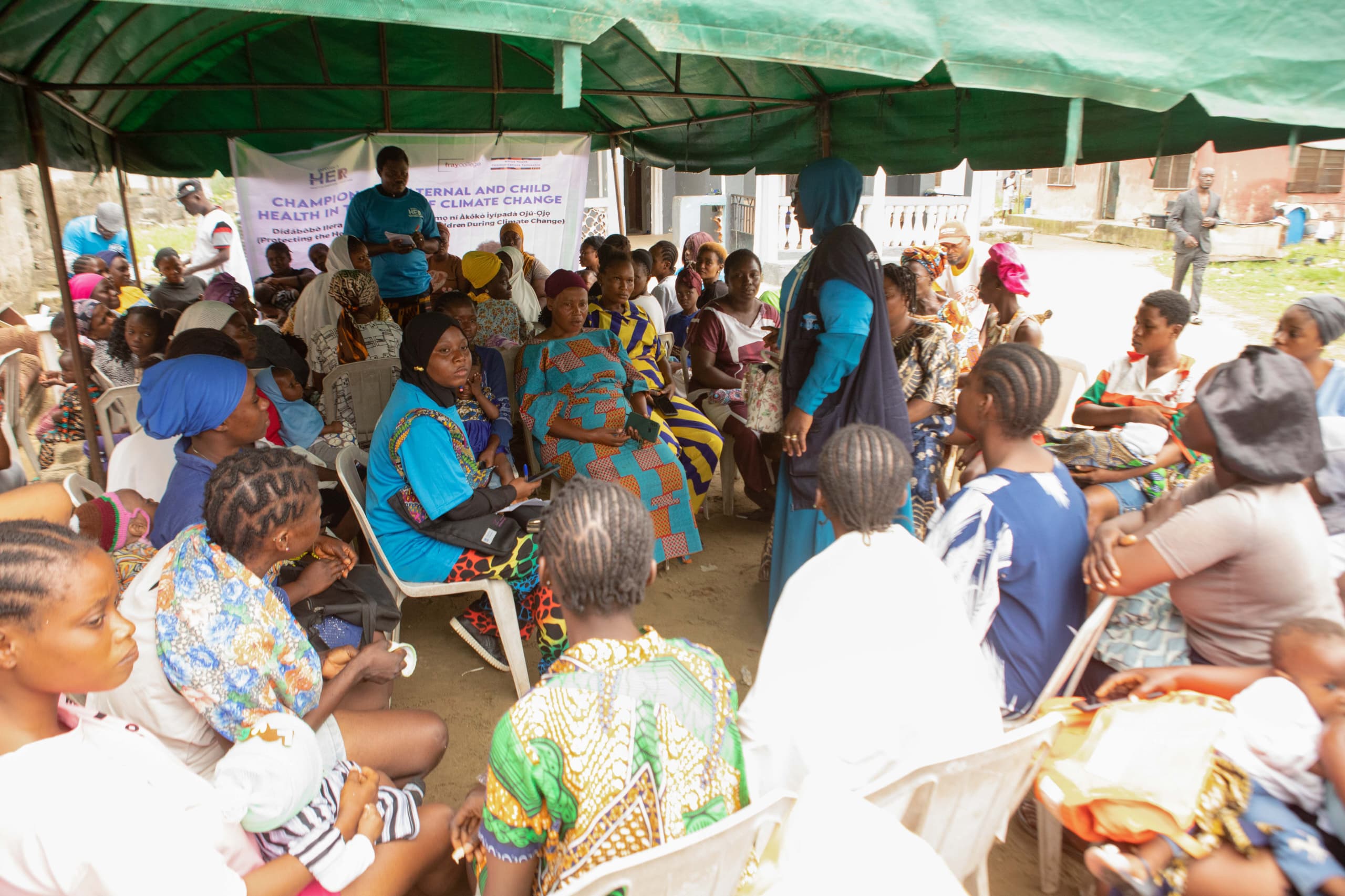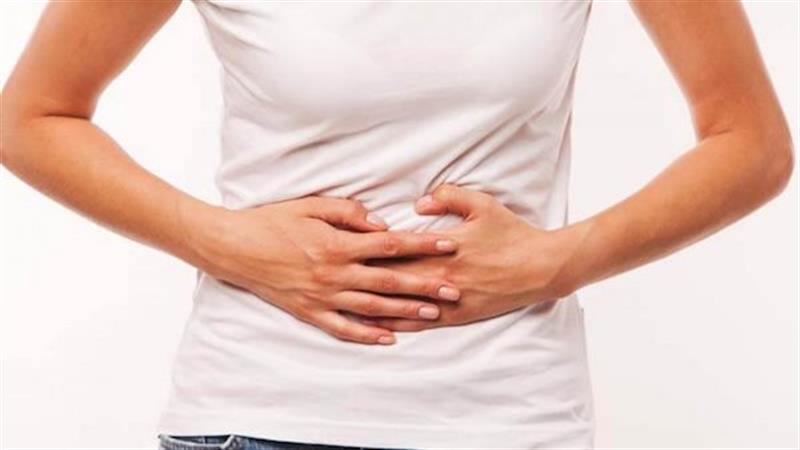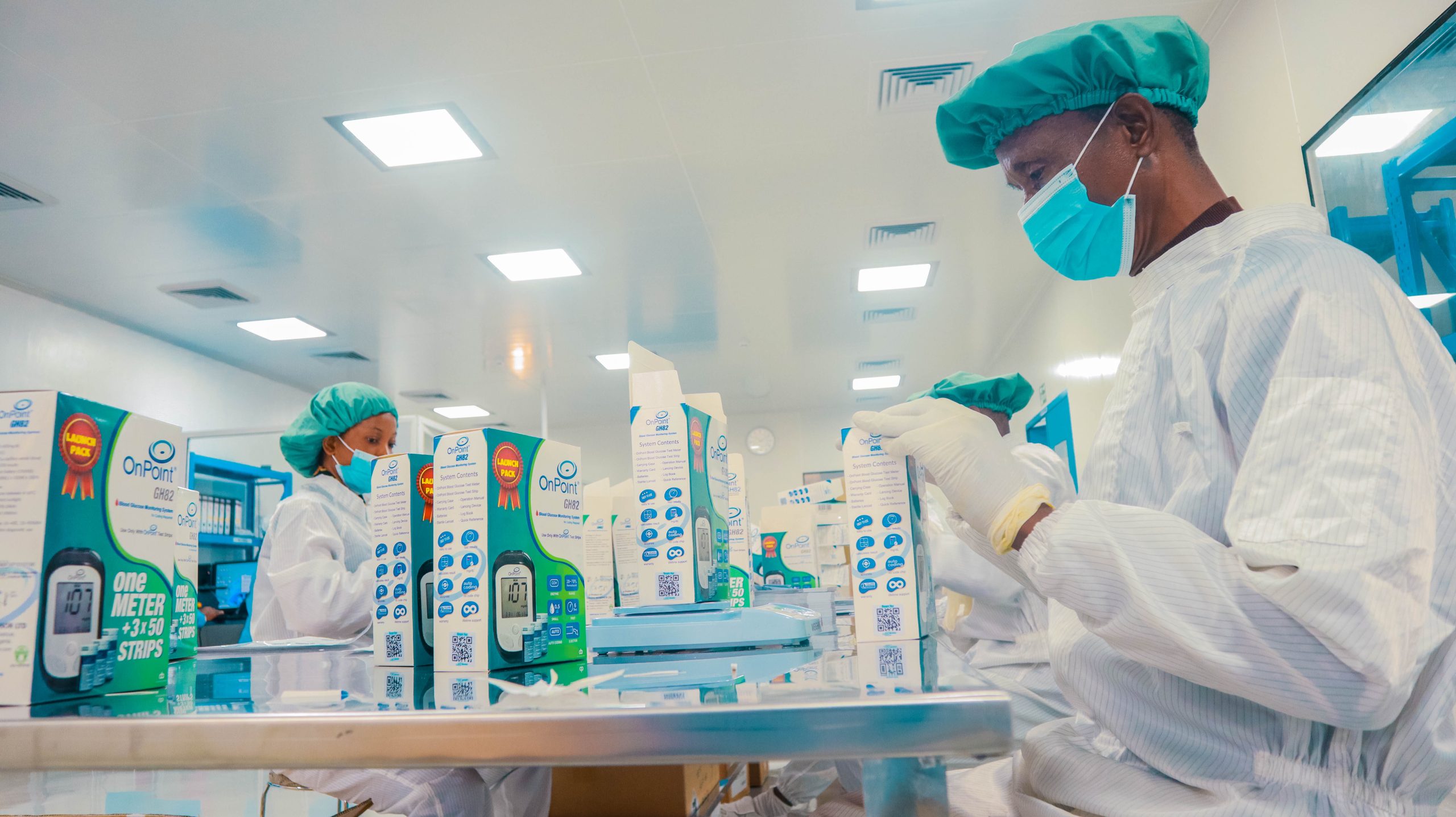Project HER, a collaborative initiative under the Africa Health Communication Fellowship has raised concern over the worsening impact of flooding on maternal healthcare in Lagos, following engagements in affected riverine and flood-prone communities, including Agboyi and Amukoko.
Led by public health expert Dr. Mariam Oshodi and health journalist Mariam Ileyemi, the group examined the experiences of pregnant women, breastfeeding mothers and families facing recurring floods that contaminate water sources, cut off access to health facilities and expose residents to preventable diseases.
The project which spanned three months featured community engagement, focus group discussions, field assessments and a health outreach involving more than 120 women.
The group documented how flooding contributes to maternal complications, unsafe births and increased infections such as cholera, diarrhoea and malaria.
In Agboyi, a riverine settlement, residents narrated how rising waters from rainfall and the Oyan River dam often isolate them for days or weeks. Many families are forced to take shelter in churches, mosques and schools during severe flooding.
The assessment also showed that the newly built 40-bed primary healthcare centre in Agboyi, constructed under the Office of the Senior Special Assistant to the President on Sustainable Development Goals, remains non-functional.
According to the group, the facility’s ground floor becomes submerged whenever floods surge, making it impossible to deliver essential services.
In Amukoko, residents said poor sanitation and the failure to dredge the community’s major canal for more than four years worsened flooding, pushing water mixed with waste into homes and shops.
A 2024 joint post-flood assessment by the International Organisation for Migration (IOM) and the National Emergency Management Agency (NEMA) recorded 7,672 pregnant and breastfeeding women affected by Lagos flooding, including 4,140 pregnant women. Kosofe LGA, where Agboyi is located, was named among the most severely impacted areas.
UNICEF’s Climate Risk Index also ranks Nigeria as the second most vulnerable country globally to climate-related risks for children.
According to the group, the project’s findings show that flooding has evolved into a significant gender-specific health emergency.
“What we are seeing is not just an environmental issue,” it said in a statement.
“Flooding is directly endangering pregnant women and children. Maternal care cannot function if communities are cut off for days. Government agencies must prioritise accessible, flood-resilient health services in these locations.”
Community members in Agboyi called for clean drinking water, structural elevation of the new health centre and better evacuation support during emergencies. Residents of Amukoko appealed for urgent canal dredging, sanitation enforcement, a reliable water supply and strengthened primary healthcare services.
The group urged federal and state authorities to implement sustainable interventions that reduce the impact of flooding and protect maternal and child health in vulnerable Lagos communities.






